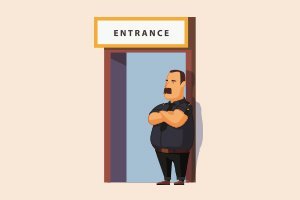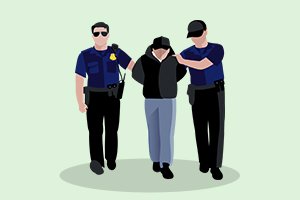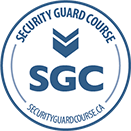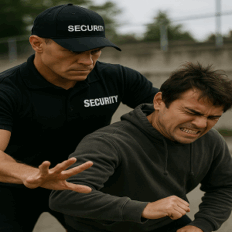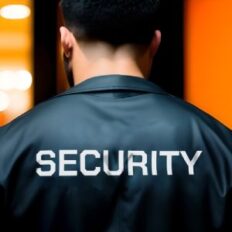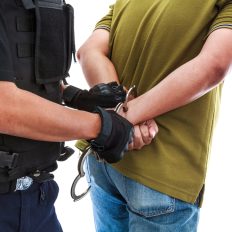Apprehension Risks: A Violent Lesson in Sault Ste. Marie
On July 18, 2025, a 26-year old male was arrested for theft by security guards at a Sault Ste. Marie business. This in itself is not overly news worthy. Private security guards have been arresting people for theft for decades. What makes this situation noteworthy is that during the arrest, one of the security guards…
Read MoreEvent Security Applying Force: Lessons from the Kelowna Concert
On April 23, 2025, a Bush concert at Prospera Place in Kelowna, BC made headlines for all the wrong reasons. During the performance, event security guards were involved in several physical altercations with concertgoers. According to news reports from agencies such as Global News and Oak Bay News, some witnesses felt that the security guards…
Read MoreThe Calgary Co-Op Incident: Lessons on Use of Force and Public Perception
A recent incident at a Brentwood Calgary Co-Op grocery store has ignited yet another conversation about the role of security guards in Canada, the use of force, and how public perception can, and in some ways should, help guide policies and procedures. A video circulating online showing a security guard forcibly detaining an alleged shoplifter…
Read MoreLearning from Tragedy: The Importance of Situational Awareness and Personal Safety for Security Guards
The tragic death of 20-year-old security guard Harshandeep Singh at an apartment complex in Edmonton on December 6, 2024, serves as a stark reminder of the importance of situational awareness and personal safety skills for security professionals. Singh, a business administration student at NorQuest College with aspirations of becoming a police officer, was working his…
Read MoreLiability Considerations in Conflict Management
Conflict management and de-escalation are critical skills for security professionals in Canada and around the world. On top of the many challenges related to ensuring safety and gaining compliance, there are significant potential legal issues to consider. In this article we will explore liabilities related to criminal law, civil justice, and human rights legislation, as…
Read MoreEthical Considerations in the Use of Force in Ontario
Introduction Given the nature of their role, and the role of private security in general, security guards may be required to use force from time to time. It may be required to protect themselves or others, protect property, prevent crimes, and apprehend offenders. However, it is crucial that security professionals exercise their authority judiciously,…
Read MoreDo you know what laws regulate Use of Force in Ontario?
Many new Security Guards are unaware that Use of Force training is not mandatory to work in bars or nightclubs as bar security or bouncers. Currently, no training standards exist in Ontario for what is or is not appropriate Use of Force training for licensed private security. Often, martial arts style training is marketed to…
Read MoreUnderstanding Use of Force Training Requirements in Ontario
Courts follow best practices when determining if a person is properly “trained” but this is not legislated. What the courts do look at is, based on a balance of probabilities, did the person remember their training, and did the employer go far enough to ensure that the guard had proper refresher training within a period…
Read MoreOnline Use of Force Training Course
Now you can complete your Use of Force and Passive Handcuffing Certificate online. We are often asked questions such as: Can Security Guards use force and handcuff people while working? Are Security Guards allowed to carry handcuffs? What kind of training or certification is required? Do some provinces have different use of force rules than…
Read MoreUse of Force and Handcuff Training: Standards and Legislation for Security Guards
Reality vs Fiction There is NO mandatory use of force, physical skills, or hands on training required by legislation, (other than the theory contained in all basic licensing training), ANYWHERE in Canada, except in B.C. There is also no mandatory training, prescribed by legislation, required to carry handcuffs in Canada. (B.C. excepted again. See current…
Read More


